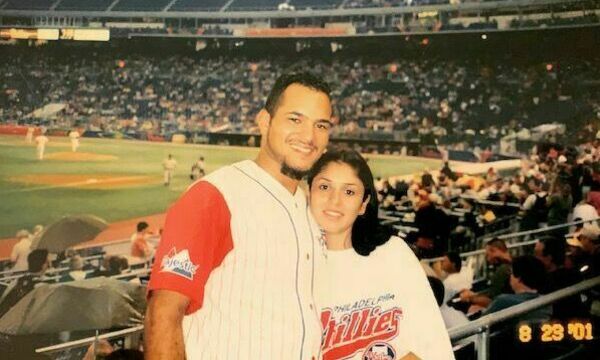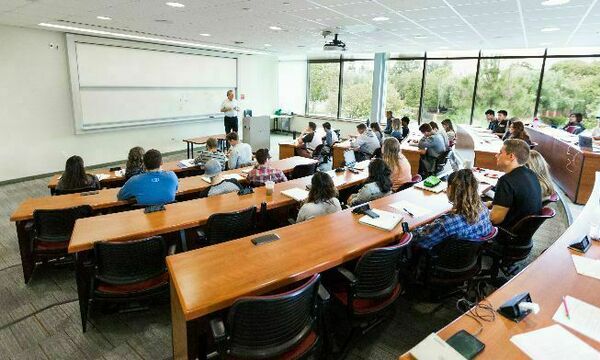Category: Marriage and Family
Making Sense of Our Adversary
An Excerpt from Dr. Tim Muehlhoff's latest book "Defending Your Marriage: The Reality of Spiritual Warfare."
The Balanced Life
Part 4
The Balanced Life
Part 3
The Balanced Life
Part 2
The Balanced Life
Part 1
A New Bible Translation for Young Children
Review of "The Best News Ever"
 Biola University
Biola University
.jpg)
.jpg)

.jpg)
.jpg)
.jpg)
.png)
.jpg)

_(1)_(2).jpg)





